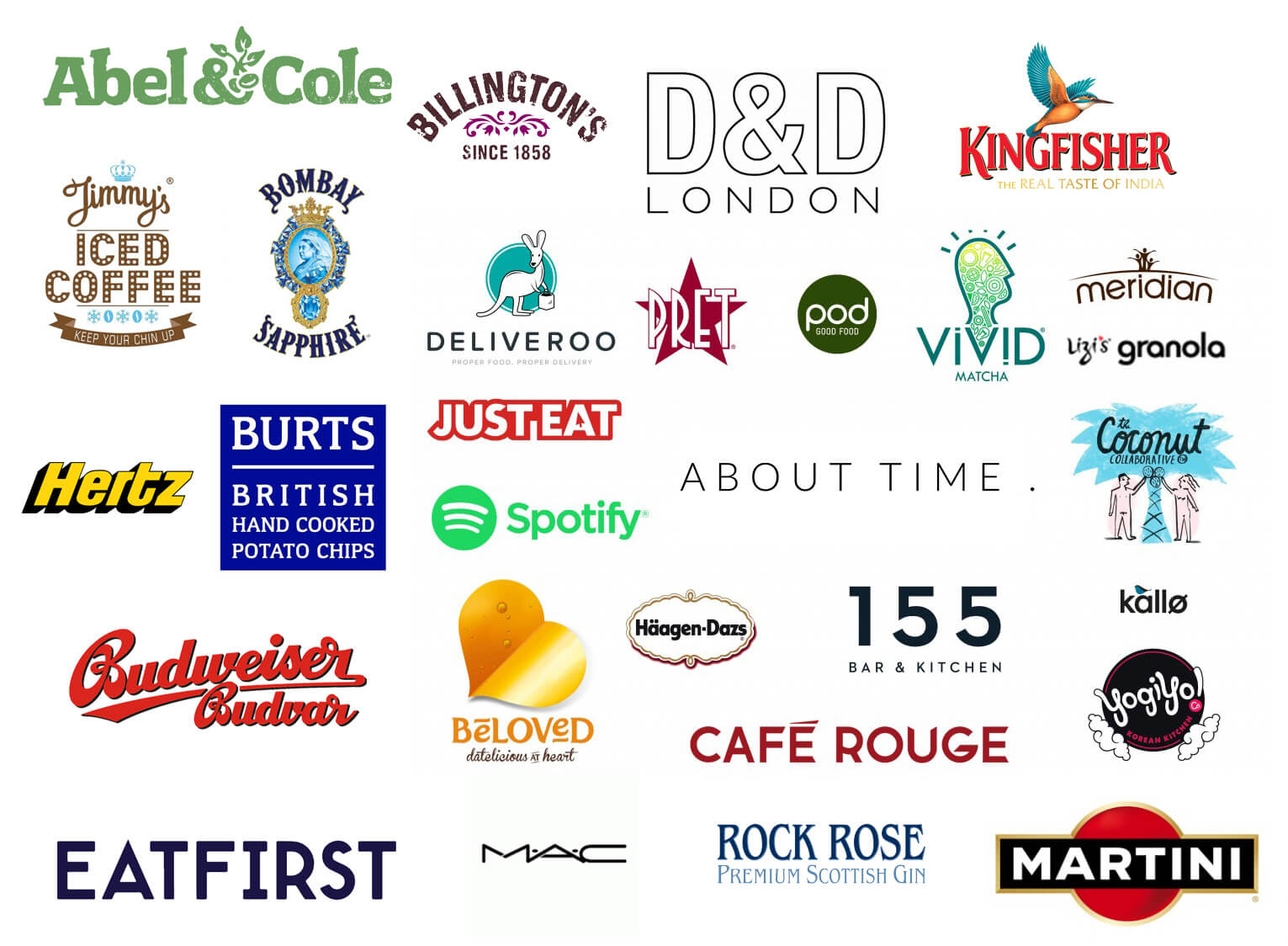About Time You Met: Emmy Gilmour, The Recover ClinicBy Angelica Malin
Throughout International Women’s Day 2017, we’ll be celebrating the work of women everywhere with a series of inspirational interviews with female entrepreneurs, restauranteurs, CEOs, chefs and more. Today, meet Emmy Gilmour, founder of The Recover Clinic – Emmy is a Psychotherapist and Spiritual Recovery Coach with more than 15 years’ experience in trauma and mental illness. The Recover Clinic is the only outpatient clinic in Europe that provides tailored treatment; Emmy’s unique approach focuses on the individual behind the illness, not just the physical symptoms. We sit down to talk wellness, work and women:
Tell us a little bit of The Recover Clinic – how did the business come about?

I trained as a psychotherapist when I was just 23 years old. Having worked in and experienced various clinical settings, I felt that there was something missing about how people, particularly women, were being treated. There appeared to be little interest in the root cause of the issue, and so I set up The Recover Clinic in 2007 in response to that. At the time, I was the clinic’s only member of staff, needless to say, it’s grown considerably since then!
What’s different about your work and approach?
Mental illness is so often treated from a very ‘medical’ and symptoms-focused perspective. Although there is some focus on therapy, this approach is often designed to help a sufferer manage the symptoms of their illness, rather than the root cause.
I believe that mental illness often develops as a response to untreated and internalised trauma. As such, I designed a treatment program that focuses very much on nurturing a relationship with our clients; helping women to identify any trauma they have experienced, and supporting them to develop healthy coping strategies that foster self-love and self-care.

I offer my own learning and experiences to our clients as examples of how they can use their traumas as opportunities for development and growth. Sharing personal information with clients is pretty taboo in the therapy world, but it intuitively felt like it was the right way to work.
How has the experience of being a female entrepreneur been?

Being an entrepreneur has been one big learning curve, and I feel I’ve had to overcome much adversity and resistance. Within my industry, my approach and how I talk and look, has been met with much suspicion, and I’ve never been offered any support from my contemporaries.
I realised some years back that the challenges I’ve been faced with could help me guide the women that I work with, and so I’ve always tried to be as open as possible about my experiences. I have a predominantly all-female workforce, and I enjoy very much helping the women that I employ to challenge some of the myths projected onto women in business today. For example, that you can’t be both an available mother and business woman.
What’s the biggest epidemic facing women today?

I think that sexual violence is the biggest epidemic facing women today. Over the last 20 years we’ve made great strides in gender quality; many of us have access to education and a right to vote, and yet the figures of women being assaulted remain staggeringly high. Recent research has shown that one in three young women between 16-18 years old have experienced ‘unwanted sexual touching in school’. These same young women are going on to develop serious mental health problems: self-harm, depression and eating disorders. We are at crisis point and our young people need to be both educated and protected in order to prevent these numbers from continuing to rise.
What motivates you to do the work you do?
I feel very fortunate because it’s as though life has given me a second chance. I experienced some very dark times as a young woman, but the life I live today is a miracle. I genuinely feel as though a part of my work has been about continually rescuing my 18-year-old self. I see myself in the eyes of each client we treat: I know their pain, but I also know that it can be healed. They motivate me.
What does health mean to you?

Health is incredibly important to me. I’ve learnt how crucial my own mental wellbeing is to my physical health. Nurturing myself emotionally, spiritually and physically is what constitutes good health.
Does social media play a big part in the issues you’re seeing a lot of?
Social media grants us very intimate access into what people feel and care about, it’s like being able to read someone’s diary at the touch of a button.
It’s always been the case that young people will seek out like-minded individuals so they can feel less alone, however it’s now happening on a much more public scale.

Of course, I find it shocking to see pro-anorexia sites and forums, but I understand the comfort that those young people are searching for. Social media can add fuel to that self-destruction, but it can also provide hope and community. So, depending upon how someone uses social media, it can either very positively or very negatively impact someone’s life.
What’s great about the work you do?
I love my job. So much so, when people talk about a work/life balance, I genuinely find that quite baffling – my ‘work’ is such a big part of my life!
I’m lucky enough to watch some of the most incredible women fighting for a better existence, and I am forever in bewildered awe at their bravery and resilience. I don’t know many people who get to go to work and be moved in such a profound way.
What makes you happiest about your work?
Knowing that our clinics are places of safety and hope. I feel immensely proud of my team who are working on the front line with clients that so many professionals refuse to treat. They meet them with unwavering compassion, respect and kindness. I sometimes take my daughter into the clinic and I feel happy about her witnessing such a beautiful place, surrounded by such incredible and inspiring women.
What tips would you give to women today?

Don’t believe them. They told you that you needed to be afraid of everything: yourself, your future, everything. And you don’t. You have invested in that fear in ways that you won’t ever fully realise. Be brave, and you will never look back.


